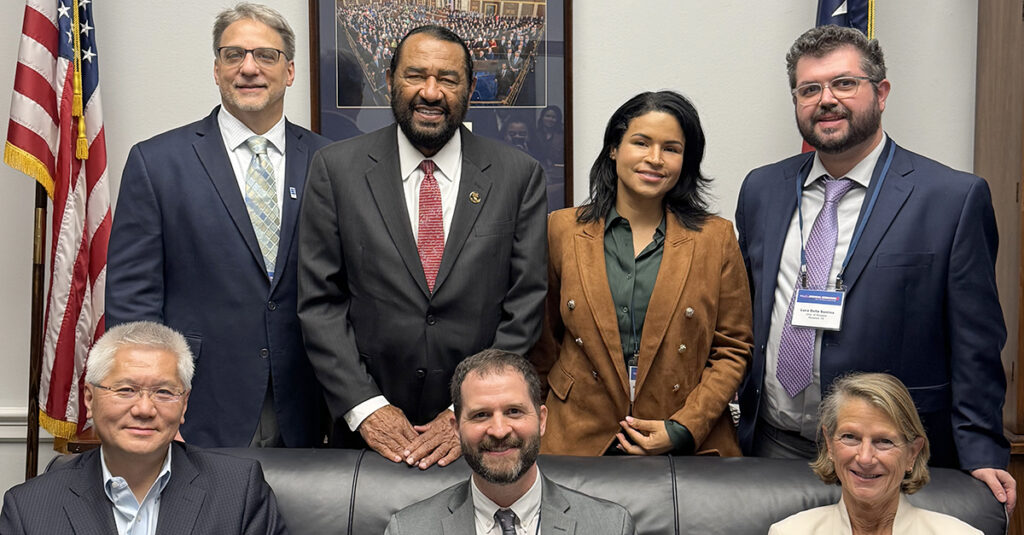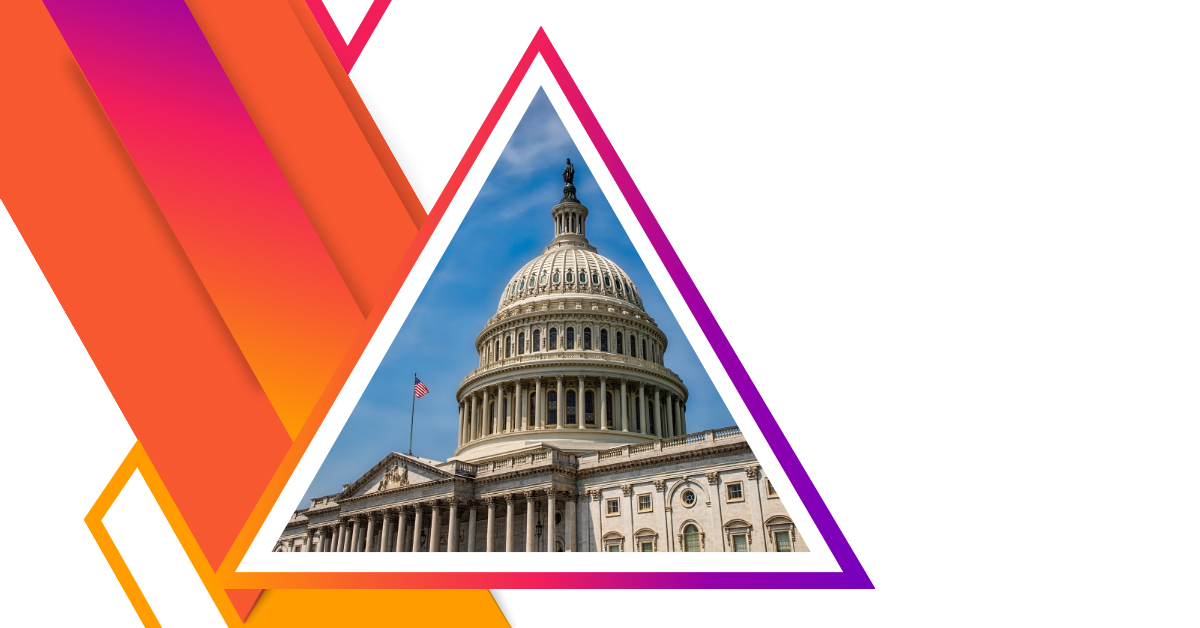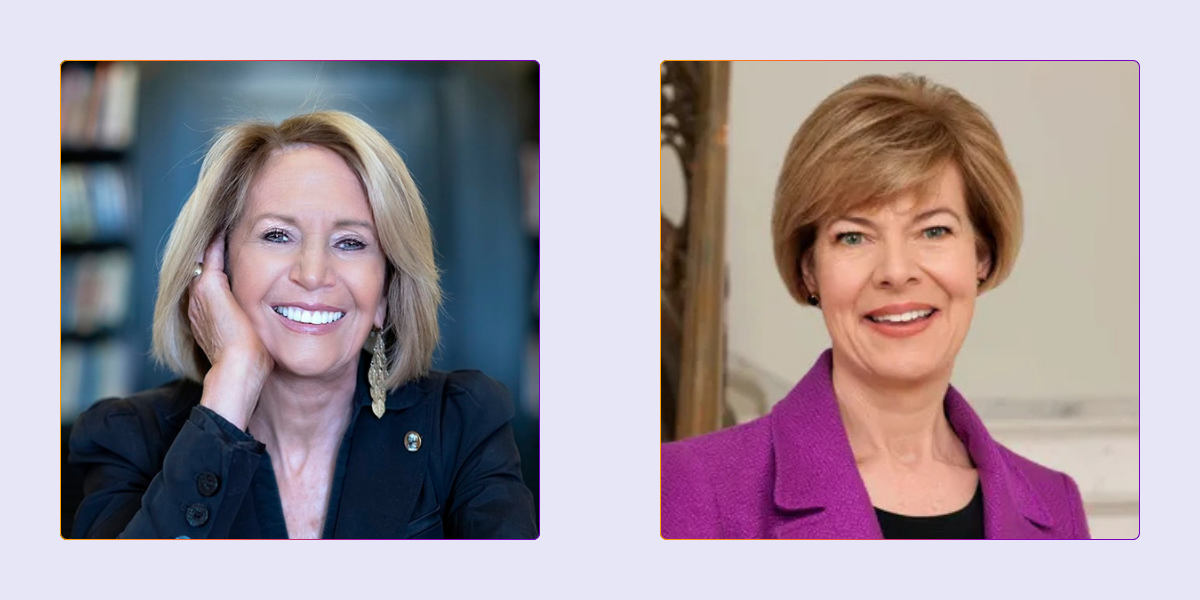
On September 18, more than 400 scientists, medical professionals, patient advocates, and policy professionals converged on Capitol Hill for the 13th annual Rally for Medical Research Capitol Hill Day, bringing a clear and unified message to Congress: funding for the National Institutes of Health is not optional, it is essential. The program included a reception on September 17 where participants heard from many notable speakers, including Senator Tammy Baldwin (D-WI), Katie Couric, co-founder of Stand Up to Cancer, Dr. Nicole Kleinstreuer, Acting NIH Deputy Director for Program Coordination, Planning, and Strategic Initiatives, and Reed Jobs, founder of oncology research-focused venture capital firm Yosemite.
In over 200 congressional meetings, the participants highlighted how longstanding bipartisan support for NIH funding has enabled scientific discovery from mechanistic insights to life-saving treatments – and how predicable and robust funding enables forward momentum. In addition to expressing the importance of robust funding for NIH in fiscal year (FY) 2026, advocates urged Congress to ensure that all FY 2025 funds for NIH were released, explained how a strong biomedical research enterprise strengthens America’s edge in innovation, and asked Congress to safeguard NIH’s peer review process from political interference.
Members Deliver Message
AAI supported the travel of two AAI members to participate in the event: Dr. Stephanie Watowich (AAI ’10), Professor and Deputy Chair at the MD Anderson Cancer Center in Houston, Texas, and Dr. Amali Samarasinghe (AAI ’07), Associate Professor at the University of Wisconsin. AAI member Dr. Scott Wetzel (AAI ’06), Associate Professor at the University of Montana, received a travel award from FASEB to attend the Rally. Three AAI staff members also participated in the event and helped provide experienced leadership to their groups. All three AAI members expertly imparted the importance of funding immunological research on their congressional delegations. AAI was proud to be among hundreds of voices and advocates pressing for one clear goal: ensuring that support for NIH funding remains a national priority.




